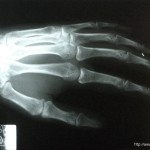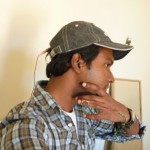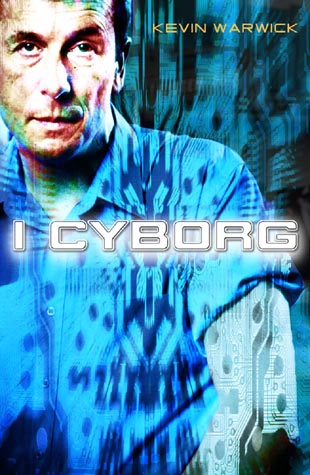Podcast: Play in new window | Download | Embed
Subscribe: RSS
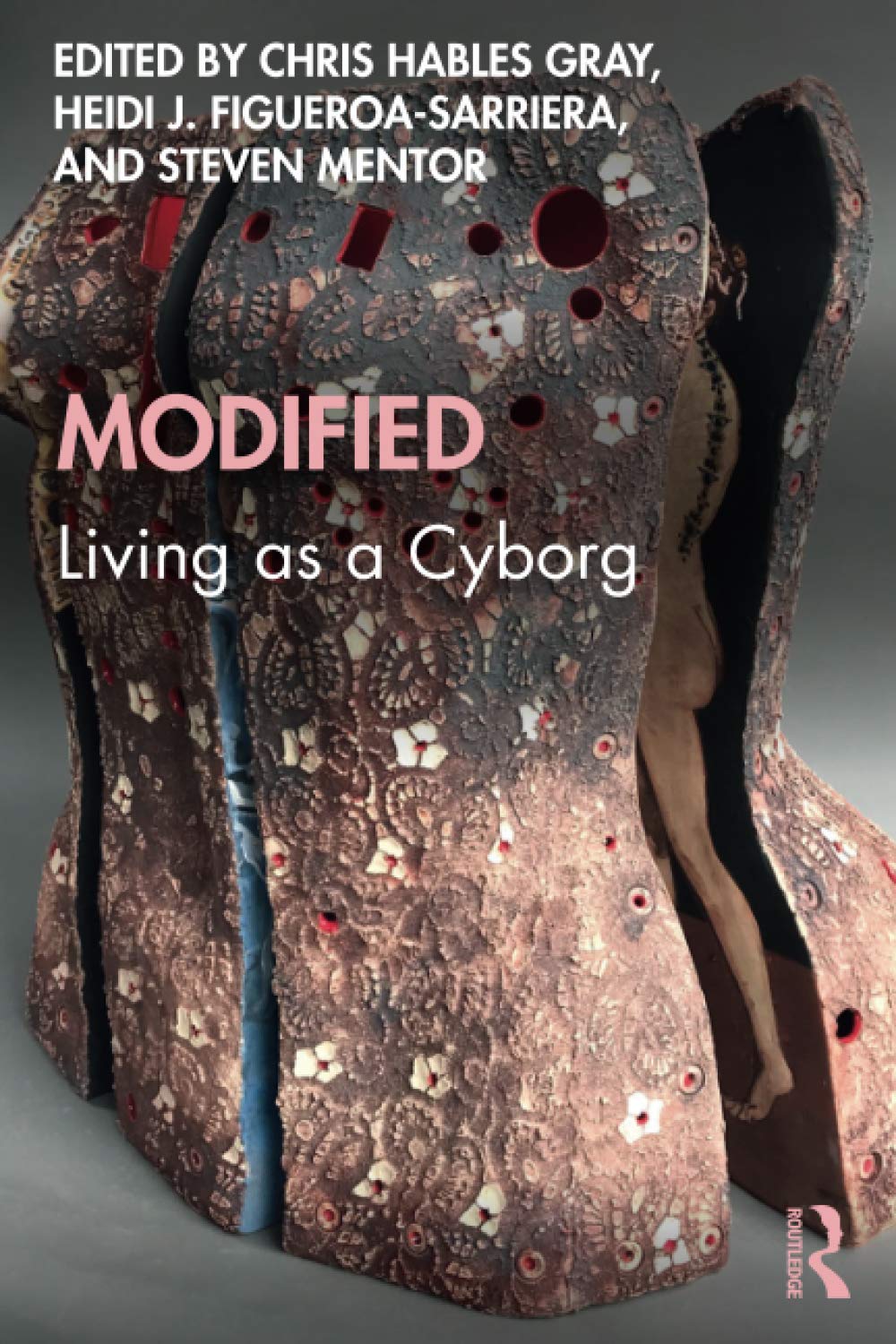 Chris Hables Gray foresaw the current global pandemic in 2013 during our 1st interview, which has been perhaps the most undervalued conversation I have had on my podcast. But, despite the fact that he has not been as appreciated by the public as he deserves to be, I have always been a fan of his books. And so, when he asked me to contribute a couple of articles for his latest book – Modified: Living as a Cyborg, I was very happy to do that. I was even happier to have him back on the podcast and hope you enjoy this conversation as much as I did.
Chris Hables Gray foresaw the current global pandemic in 2013 during our 1st interview, which has been perhaps the most undervalued conversation I have had on my podcast. But, despite the fact that he has not been as appreciated by the public as he deserves to be, I have always been a fan of his books. And so, when he asked me to contribute a couple of articles for his latest book – Modified: Living as a Cyborg, I was very happy to do that. I was even happier to have him back on the podcast and hope you enjoy this conversation as much as I did.
During this 2-hour interview with Chris Hables Gray, we cover a variety of interesting topics such as: his 2013 foreseeing, if not outright predicting of the current global pandemic; the role of technology is the many current on-going crises; the Cory Doctorow vs Shoshana Zuboff debate on surveillance capitalism; existential threats, artificial intelligence, and artificial stupidity; the technological singularity – likelihood and timeline; why he is a pessimist of the intellect and an optimist of the will; his latest book Modified: Living as a Cyborg; populism, democracy, Trump and the next US elections.
My favorite quote that I will take away from this interview with Chris Hables Gray is:
Make the news you want to see!
As always you can listen to or download the audio file above or scroll down and watch the video interview in full. To show your support you can write a review on iTunes, make a direct donation or become a patron on Patreon.
Who is Chris Hables Gray
 Chris Hables Gray is a writer, activist, and teacher. He has published three books: Postmodern War, Cyborg Citizen, and Peace, War & Computers, and edited a number of others, including The Cyborg Handbook and the just-released Modified: Living as a Cyborg, both of these with his long-standing collaborators Heidi Figueroa-Sarriera and Steven Mentor. Gray has also published several hundred peer-reviewed articles across many disciplines. The latest is Virus is a Language: Covid-19 and the New Abnormal out in early 2021 in Cultural Politics.
Chris Hables Gray is a writer, activist, and teacher. He has published three books: Postmodern War, Cyborg Citizen, and Peace, War & Computers, and edited a number of others, including The Cyborg Handbook and the just-released Modified: Living as a Cyborg, both of these with his long-standing collaborators Heidi Figueroa-Sarriera and Steven Mentor. Gray has also published several hundred peer-reviewed articles across many disciplines. The latest is Virus is a Language: Covid-19 and the New Abnormal out in early 2021 in Cultural Politics.
As an anarchist-feminist activist, he has been involved in numerous street protests and related organizing campaigns. Currently, Chris Hables Gray is active in his union (UC-AFT) and in pro-democracy work in the U.S. See his article 100 days to decide the future of America: Trump in the Bunker free on-line.
Chris is currently a Fellow and Continuing Lecturer at Crown College of the University of California at Santa Cruz and an Adjunct Professor in the Technology, Society and Culture Department, Tandon School of Engineering, New York University. He is now working on a number of books: Infoisms: Aphorisms About Information, There is no such thing as nonviolence, Virus Is a Language, Taking Evolution Seriously, and A California Family, which is about genetic identity, genealogy and history, Californian ethnogenesis, and his family’s long complicated story.



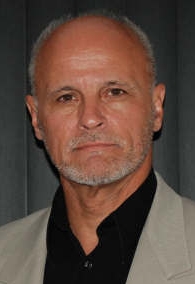

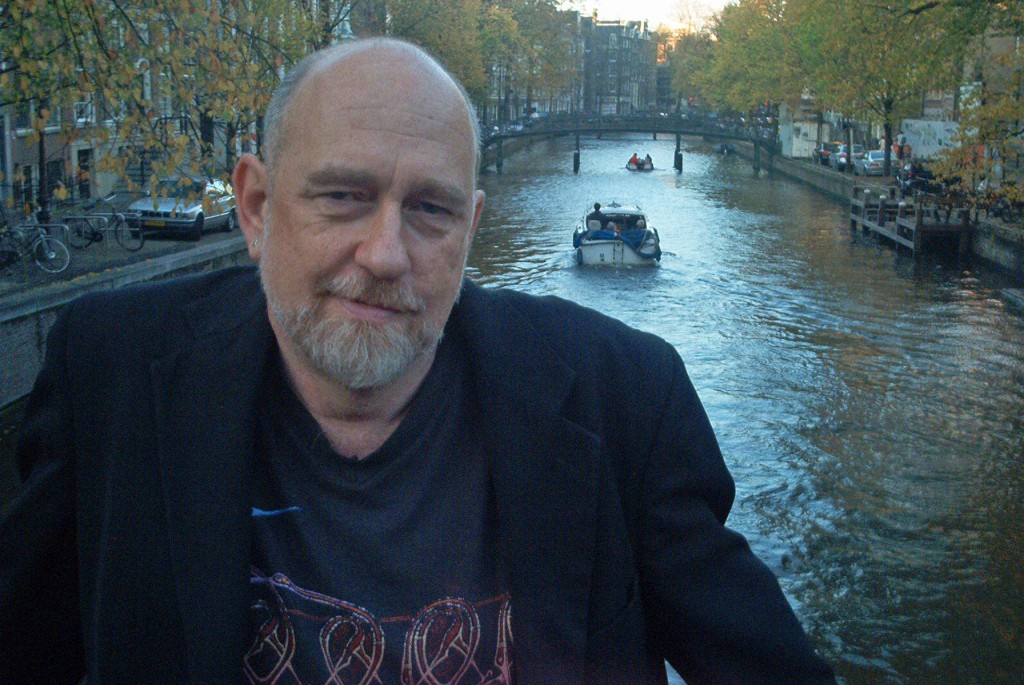 Prof.
Prof. 

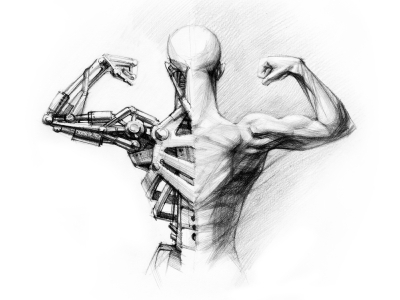


 Dr.
Dr. 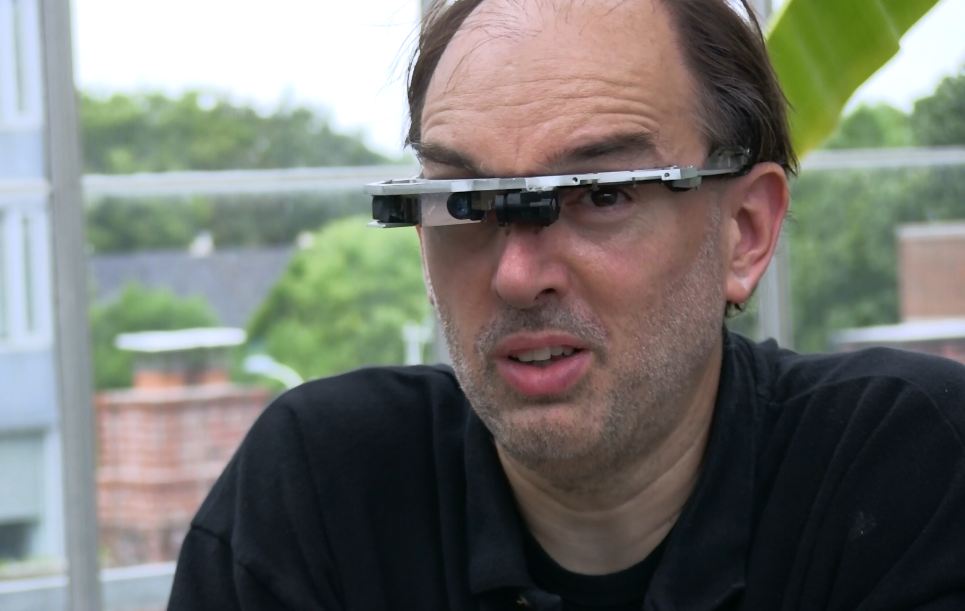
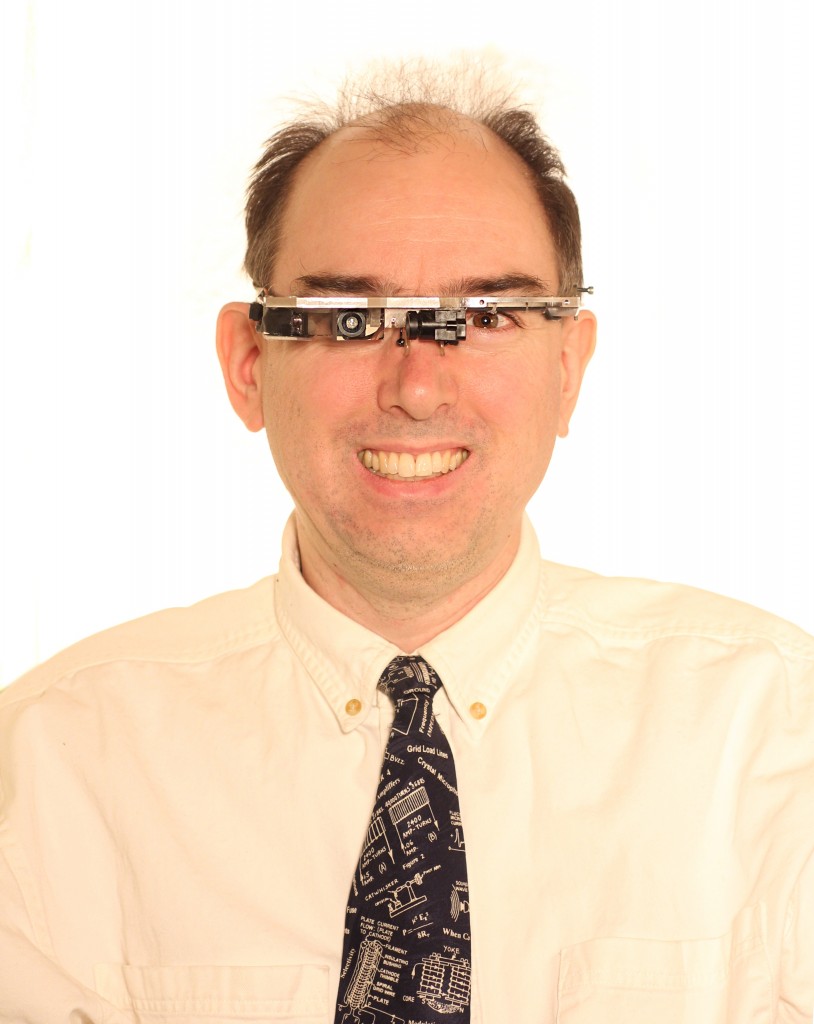
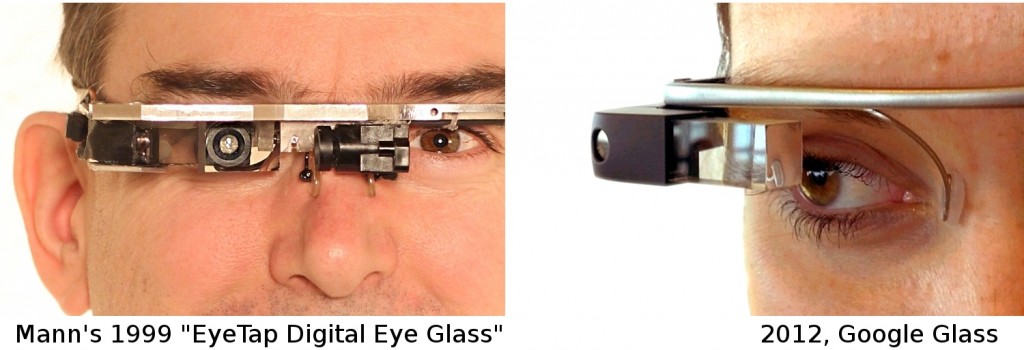

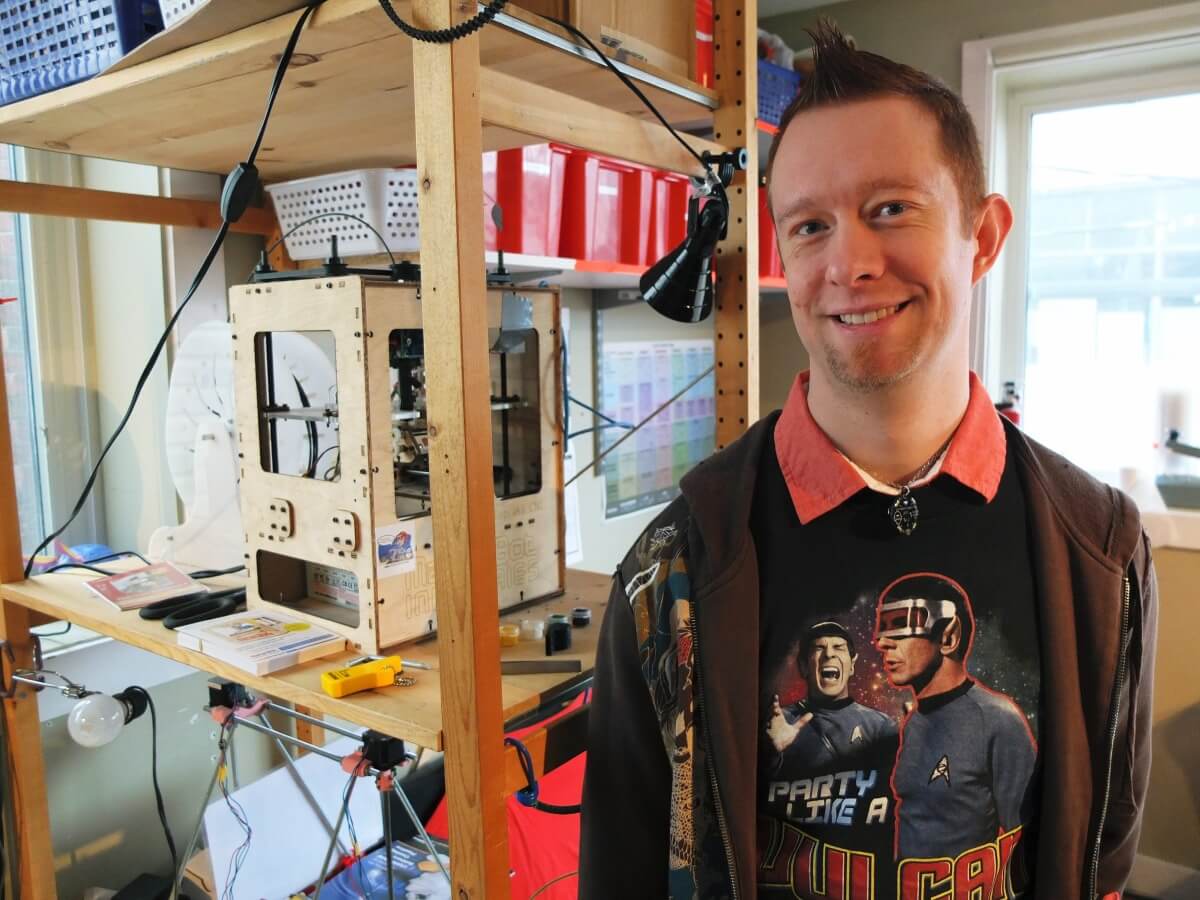 Last week, I visited Eric Boyd at HackLab.TO. While there, I interviewed Eric for my Singularity 1 on 1 podcast. Eric is the president of HackLab.TO, one of the co-founders of StumbleUpon, and a regular public speaker on topics such as cyborgs, transhumanism, electronic jewelry, and hacking.
Last week, I visited Eric Boyd at HackLab.TO. While there, I interviewed Eric for my Singularity 1 on 1 podcast. Eric is the president of HackLab.TO, one of the co-founders of StumbleUpon, and a regular public speaker on topics such as cyborgs, transhumanism, electronic jewelry, and hacking.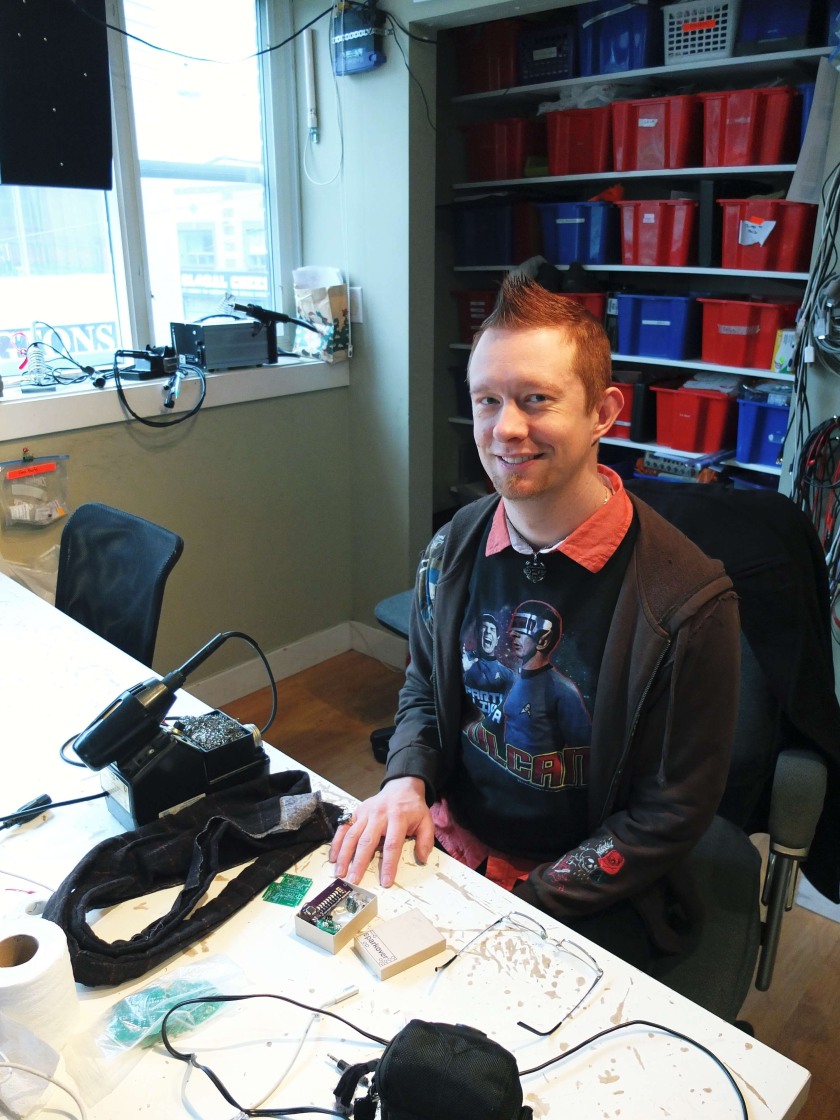 Eric Boyd is the founder of Sensebridge. He was born and raised in Ontario Canada, on a small chicken farm. He attended Queens University for engineering, graduating in 2003, but not before co-founding StumbleUpon.com. After graduating, he lived and worked in Silicon Valley at a high-tech startup, designing industrial sensors and helping install them at semi-conductor fabs across the United States. Around this same time, he also became fascinated with fashion and style, watching Beauty and The Geek and transforming his own personal style.
Eric Boyd is the founder of Sensebridge. He was born and raised in Ontario Canada, on a small chicken farm. He attended Queens University for engineering, graduating in 2003, but not before co-founding StumbleUpon.com. After graduating, he lived and worked in Silicon Valley at a high-tech startup, designing industrial sensors and helping install them at semi-conductor fabs across the United States. Around this same time, he also became fascinated with fashion and style, watching Beauty and The Geek and transforming his own personal style.


